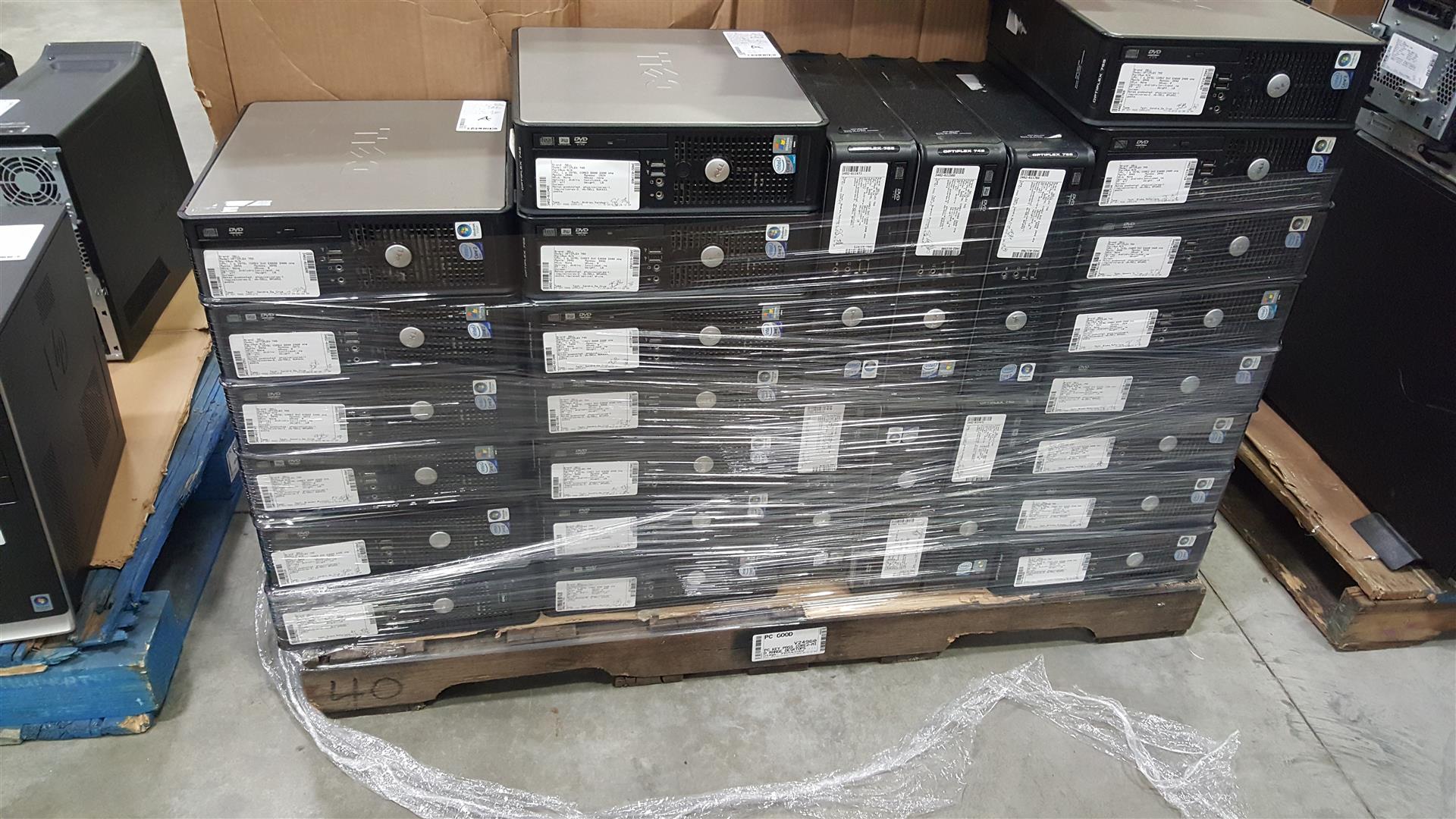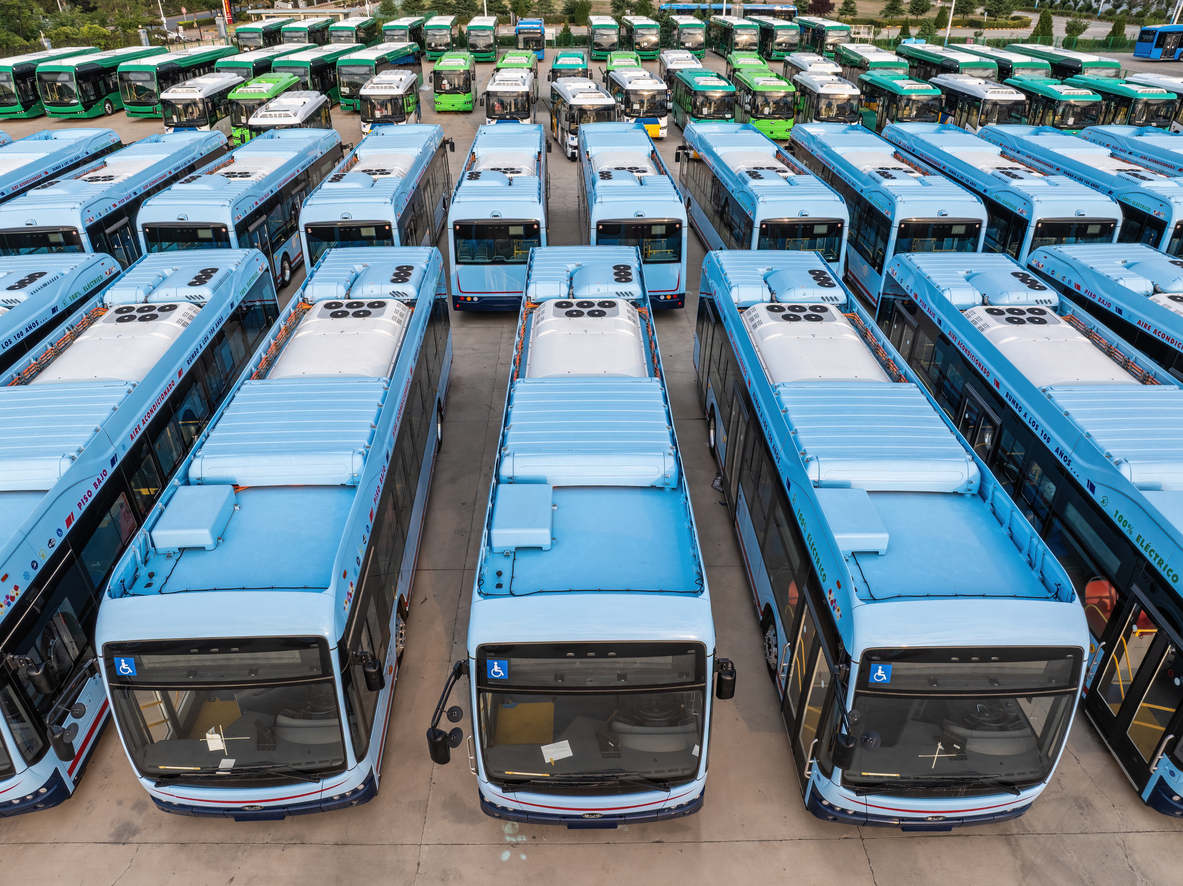How to Export Computers from Nigeria: a Step by Step Guide
How to Export Computers from Nigeria: a Step by Step Guide
Nigeria is the largest African country and the most populated country in Africa. The Nigerian population is composed of more than 250 ethnic groups, with different languages and customs. There are also public holidays to celebrate Nigeria’s diverse culture, customs, and beliefs. As a result of these many cultures, religion, and socioeconomic statuses, people must learn how to export computers to Nigeria.
This guide will teach you how to export your computers to Nigeria according to Nigerian law. You’ll be able to avoid fines or penalties that can come with exporting without the necessary paperwork. Here are some points that will help your business succeed in the digital age.
The Nigerian Market
Nigeria is the largest African country and the most populated country in Africa. The Nigerian population is composed of more than 250 ethnic groups, with different languages and customs. There are also public holidays to celebrate Nigeria’s diverse culture, customs, and beliefs. As a result of these many cultures, religion, and socioeconomic statuses, people must learn how to export computers to Nigeria.
This guide will teach you how to export your computers to Nigeria according to Nigerian law. You’ll be able to avoid fines or penalties that can come with exporting without the necessary paperwork. Here are some points that will help your business succeed in the digital age.
Exporters are responsible for knowing the import/export guidelines for their destination country. You will need to know what you can export, what you can bring back with you, and what you need to do to import or export your product.
Nigeria has a list of items you cannot export without approval from the Nigerian government. This includes but is not limited to weapons, drug paraphernalia, cigarettes, or alcohol.
Nigeria’s import process can be complex. To avoid fines or penalties for exporting without the necessary paperwork, learn how to export your computers legally by following these steps:
Shipping Your Computers to Nigeria
Before you can export your computers to Nigeria, you’ll need to have them inspected by the Nigeria Customs Services. You’ll need to fill out an “Import Declaration Form” and “Intelligence Form.” You’ll also need to fill out an “Electronics Declaration Form” if your shipment includes any electronics.
Once your shipment arrives at customs, you’ll have to fill out a “Customs Declaration Form” and pay the appropriate fees. After you pay the fees, Customs will then inspect your shipment. Then, Customs will release your shipment of computers to Nigeria!
Preparing Your Computers for Shipping
When you’re preparing computers for shipping to Nigeria, there are three important questions to consider.
What are the laws on importing computers to Nigeria?
What are the duties on importing computers to Nigeria?
What are the taxes on importing computers to Nigeria?
It’s important to understand these points before you make any major decisions.
For example, if your computers will be used in Nigeria, you’ll need to comply with import duties. Many people forget about the duty when they’re planning to export their computers to Nigeria.
That means that if your company imports 50 laptops that cost $1,000 each, then you’ll need to pay $3,000 in import duty for your shipment. That’s an important consideration when you’re exporting your computers.
Customs Requirements
The Nigerian Customs Service requires the following to import computers:
1. A Power of Attorney from the consignee authorizing the shipper to act on their behalf
2. A Power of Attorney from the consignor authorizing the shipper to act on their behalf
3. The invoice for the goods and not more than six months old
4. Proof of payment for the goods and not more than six months old
5. A declaration that the goods are free from quarantine and fit for human consumption (if applicable)
6. A declaration that the goods comply with Nigerian safety and security requirements (if applicable)
Conclusion
The Nigerian government is aiming for a more technologically-advanced society. The Nigerian government is pro-technology and pro-business. Nigeria is trying to create a more technologically-advanced society, which can be seen in their recent pro-technology and pro-business moves. In order to succeed in the digital age, you’ll need to know how to export computers to Nigeria.
So, how do you export your computers? Read on to learn!
Exporting computers from Nigeria can be a complicated process. With many customs and laws in place, it’s hard to know where to start. The Nigerian government has strict requirements for importing and exporting in order to keep the country safe from harm.
If you’re looking to export a computer from Nigeria, you’ll need a certificate of origin. This certificate will be issued by the Nigerian manufacturer, which must have a license from the Nigerian Ministry of Trade and Industry. Once you have this certificate, you can use it as evidence that the computer is an original product, not contraband or counterfeit goods.
Now that you know what you need, it’s time to start exporting your computers! There are three steps to exporting your computers from Nigeria:
1) Determine if your computer








LEAVE A COMMENT
You must be logged in to post a comment.